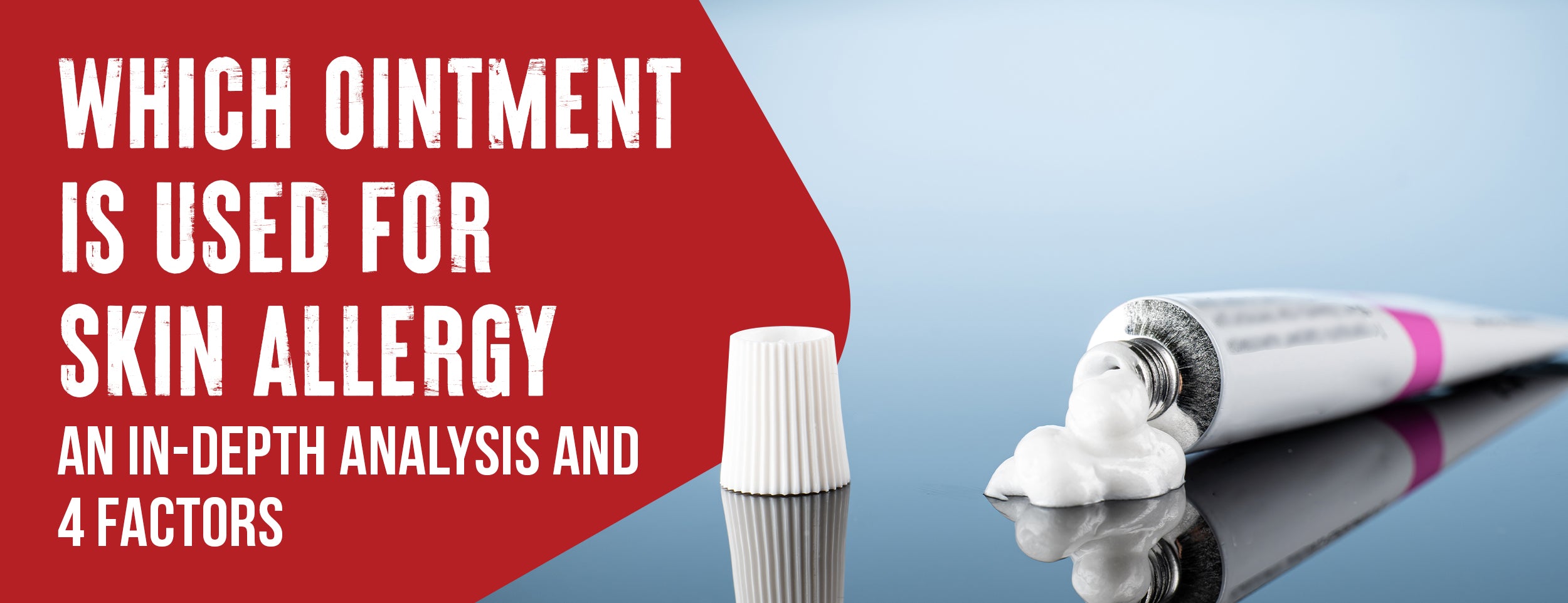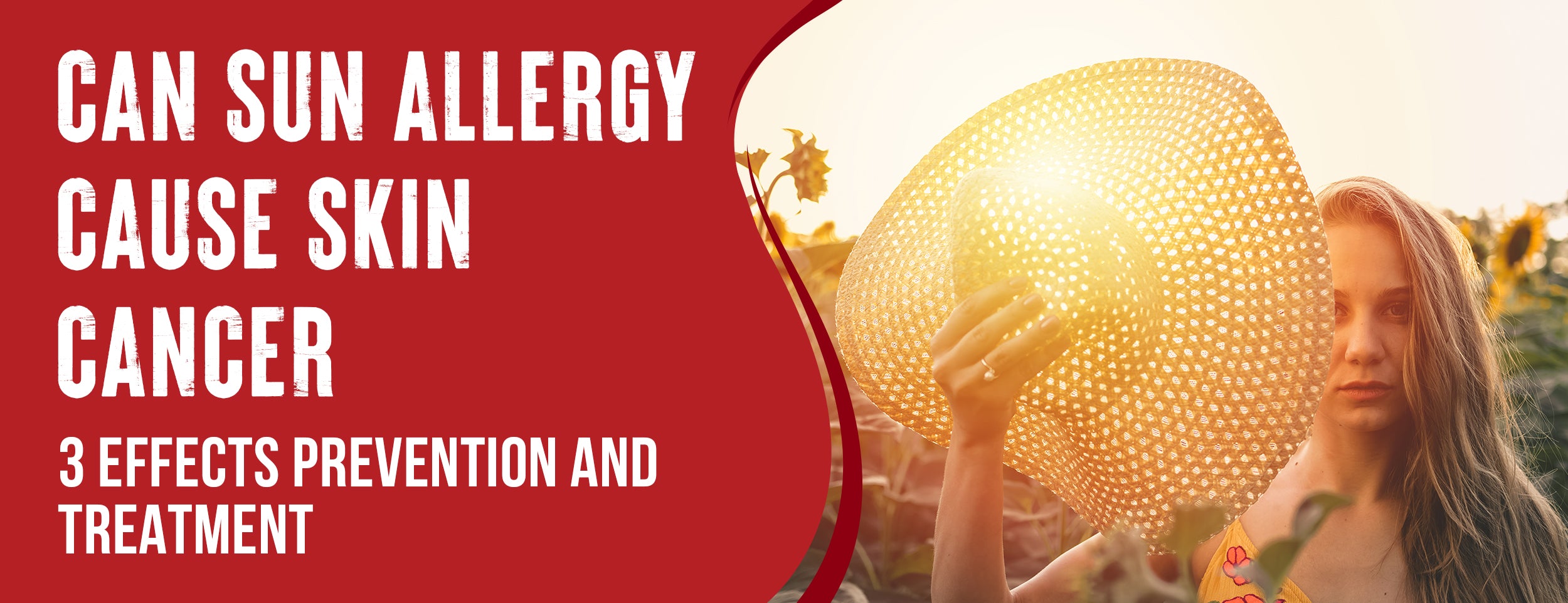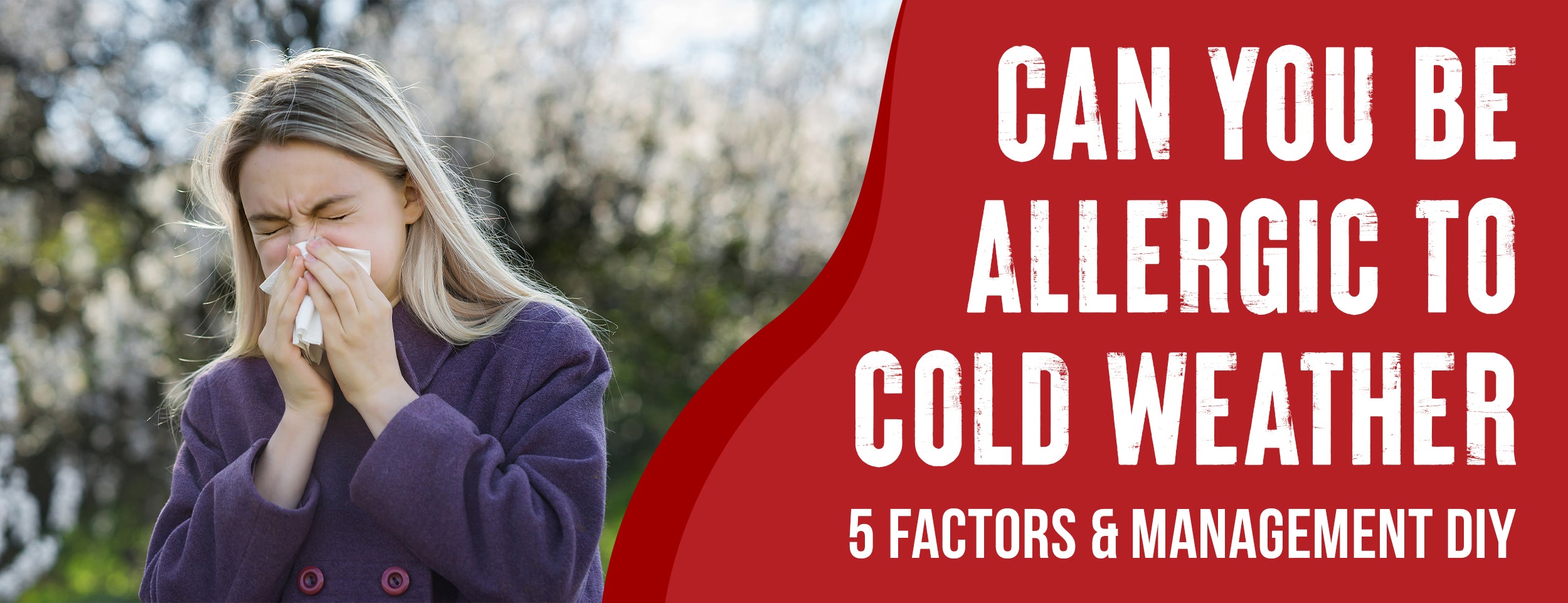Itching is the most common symptom of an allergic reaction to food. It can occur within a few minutes or hours after eating even a tiny amount of the food that causes the allergy.
The itchiness may occur in the mouth or skin, typically as a rash like hives or eczema. You may experience swelling. Cardiovascular issues can also arise, such as a weak pulse, dizziness, and a drop in blood pressure.
Yes, food allergies can cause itchy skin. The symptoms include an itchy mouth, a raised, itchy red rash (urticarial), and swelling in various areas like the face, mouth, throat, or other body parts.
In this blog post, we'll delve into the intricate world of food allergies, exploring their connection with itchy skin and providing valuable guidelines for managing your diet when dealing with skin allergies.
Can Food Allergies Cause Itchy Skin: 6 Common Symptoms
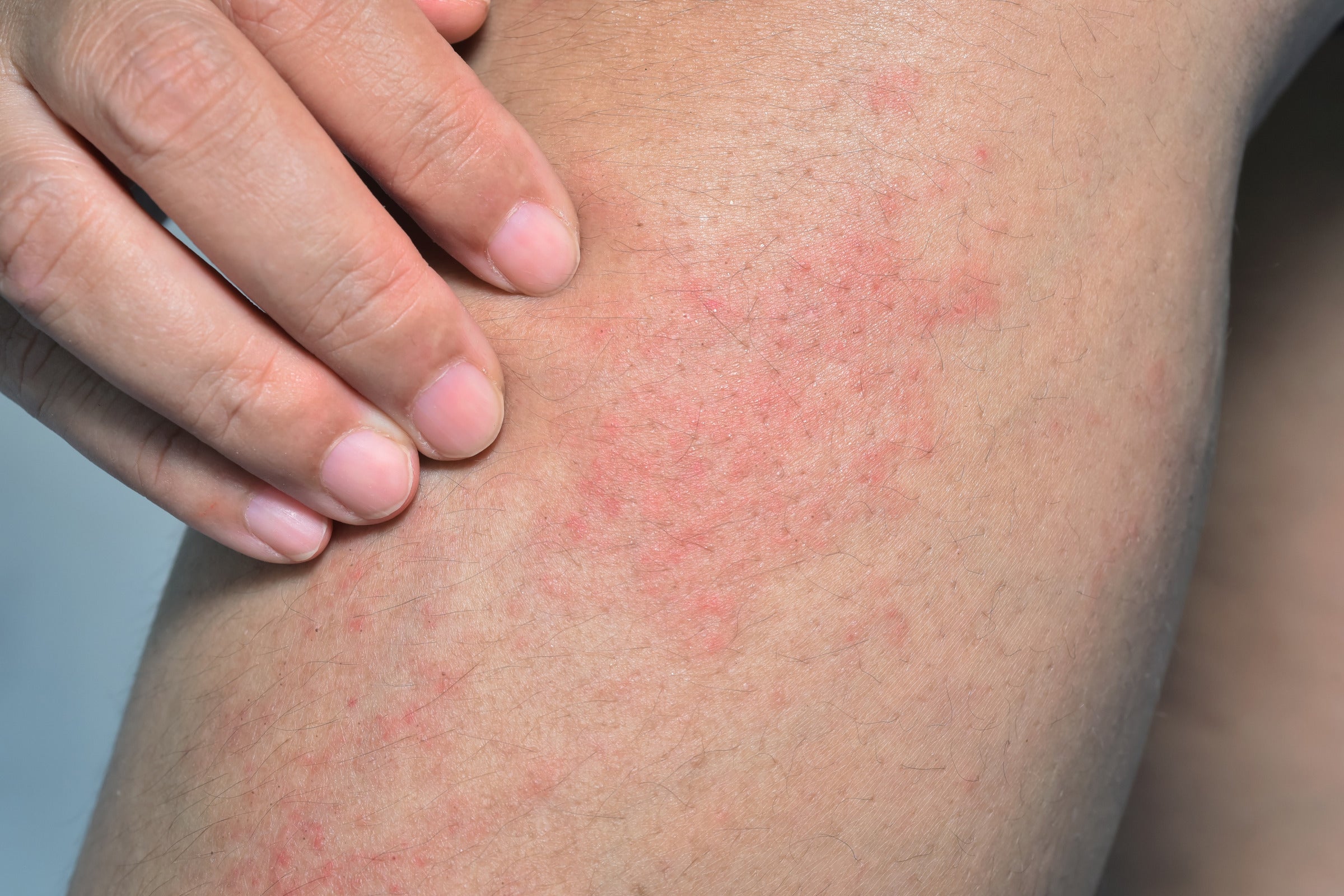
It is possible for food allergies to manifest in various symptoms, showing an adverse reaction to specific foods. Understanding these symptoms is crucial for timely recognition and management. Here are some common signs of food allergies:
- Tingling or Itching in the Mouth: Sensations of itching or tingling after consuming certain foods can show a food allergy.
- Hives, Itching, or Eczema: Skin reactions such as hives (raised, red welts on the skin), itching, or eczema (red, inflamed, and itchy skin) are common manifestations of food allergies.
- Swelling of the Lips, Face, Tongue, and Throat: Swelling of facial features, particularly lips, face, tongue, or throat, can signal a severe allergic reaction that requires immediate medical attention.
- Respiratory Symptoms: Food allergies may lead to respiratory issues such as wheezing, nasal congestion, or difficulty breathing, which cause prompt intervention.
- Gastrointestinal Distress: Symptoms like belly pain, diarrhea, nausea, or vomiting can show an adverse reaction to certain foods.
- Dizziness, Lightheadedness, or Fainting: Severe food allergies can cause systemic reactions, leading to dizziness, lightheadedness, or fainting, which require urgent medical assessment and treatment.
Itchy Skin Caused By Food Allergies: Common Foods
It's important to know how certain foods can cause itchy skin for people with food allergies. Here are some of these common food triggers that can lead to skin itching.

Soy
Soy protein is a common allergenic substance that can cause allergic reactions, including itchy skin. The body's immune system reacts to soy protein, abundant in soy-based products such as soybeans, edamame, miso, tofu, and tempeh. Allergic reactions to soy can cause atopic dermatitis, which causes itchiness and inflammation.
Egg
Egg allergies can cause itchy skin in some people, and eggs are a common allergen. The proteins found in egg whites, such as ovalbumin, ovotransferrin, egg white lysozyme, and ovomucin, can trigger allergic reactions, leading to discomfort and itching of the skin.
Wheat
Wheat allergies can have varying symptoms, including itchy skin. People with wheat allergies should be mindful of this potential reaction and take necessary measures to avoid exposure to wheat proteins, such as albumin, gliadin, globulin, and gluten, which can cause itching and other issues.
Peanuts
Peanut allergies are widely known to cause severe allergic reactions, which include skin itching and hives. It is essential for individuals susceptible to these allergic responses to avoid peanuts and peanut products. Peanut allergies are identified by skin rashes, swelling under the skin, wheezing, shortness of breath, and digestive issues.
Citrus Fruits

Citrus fruits are refreshing and nutritious for many people, but they can also cause allergic reactions in others. These reactions can lead to itchiness and other symptoms. Citrus allergies typically cause itching in the mouth, tongue, lips, and skin.
Citrus is often associated with oral allergy syndrome (OAS) and grass pollen allergies. Some individuals may also experience contact-based skin reactions from citrus. It is important for people who experience these symptoms to consult with a healthcare professional.
Tomatoes
Tomatoes contain certain compounds that trigger allergic reactions in some people, causing itchiness, dry skin, and other skin problems. Tomato allergies usually cause itching and hives. However, oral allergy syndrome (OAS) may sometimes be responsible for the itchy mouth and skin that one may experience after consuming a tomato.
Spices
Certain spices, such as cinnamon and cumin, have caused some people problems with irritation and itching. Allergies to spices can lead to itching and skin rashes. Some spices can even cause a rash upon contact with the skin.
Oats
Despite their reputation as a healthy food, oats may cause allergic reactions, resulting in skin itching and other symptoms. It's essential to be aware of this potential risk and to seek medical attention if any allergic reactions occur after consuming oats.

Gluten
Gluten, commonly found in wheat and related grains, can cause allergic skin reactions in some people with gluten sensitivities or celiac disease. Watch for potential reactions and avoid gluten if you experience symptoms.
Avocado
Allergies can cause various skin-related symptoms, such as itching, redness, and swelling, for individuals who are sensitive to this fruit. It is essential to avoid consuming avocados or any dishes that contain them if you experience any allergic reaction.
Bananas
Fruits like bananas are packed with potassium and other essential nutrients. However, some people may experience itchy skin because of a banana allergy. If you have a banana allergy, it is important to avoid consuming bananas or products containing them to prevent an allergic reaction.
Pineapple
Pineapple allergies can lead to skin itching and discomfort in susceptible individuals, emphasizing the need for allergy management and avoidance strategies.
Ginger
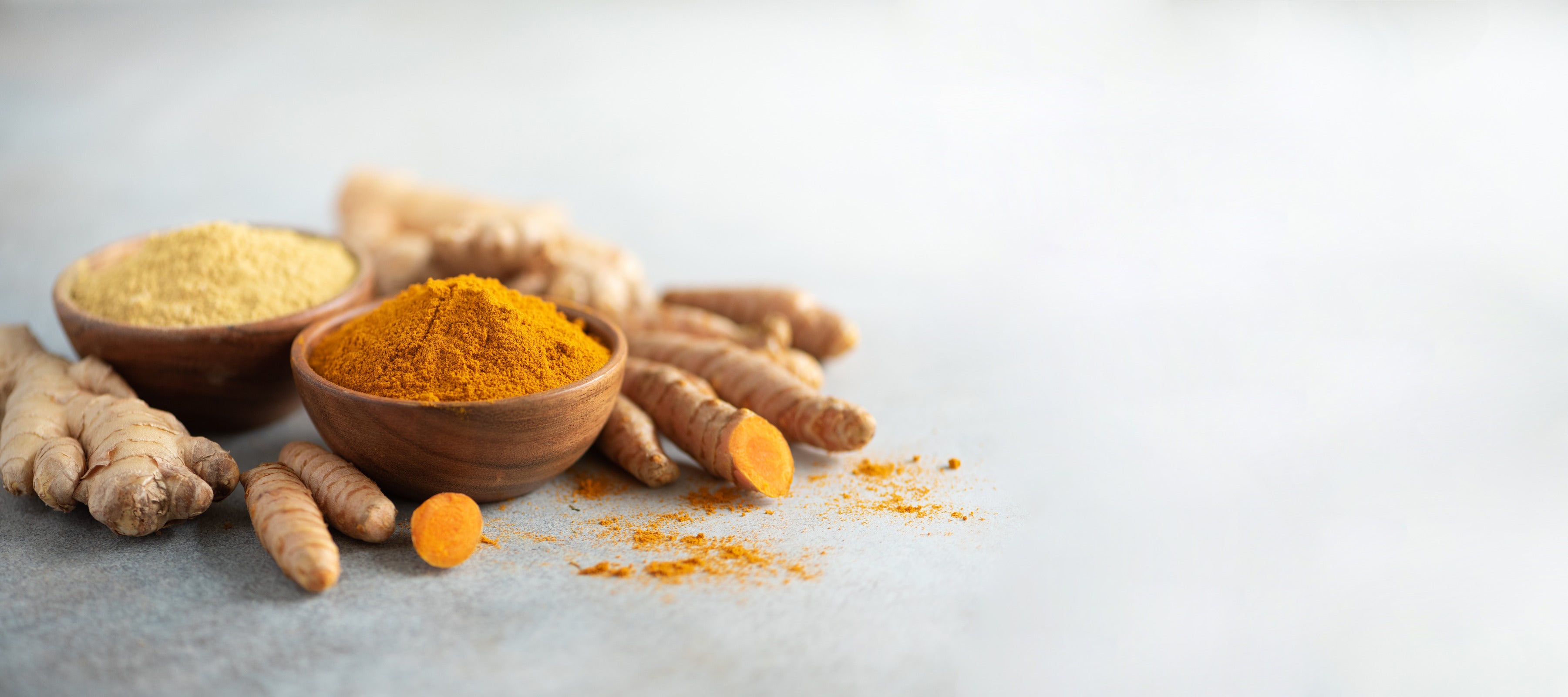
Ginger is a versatile plant with various culinary and medicinal uses. However, some people may experience allergic skin reactions when exposed to ginger. It is crucial to be aware of this side effect and take necessary precautions to avoid adverse reactions.
Milk
Milk and dairy products are common allergens that can lead to skin-related symptoms, such as itching, rashes, and hives, especially in people with milk allergies. Be aware of such allergies and avoid consuming dairy products.
Other Factors That Cause Skin Allergies
When considering skin allergies, various factors beyond food allergies must be considered. While food allergies can cause itchy skin and other skin reactions, other environmental and lifestyle elements can also trigger skin allergies. Here are some of their potential impacts.
Sugar
A diet high in sugar contributes to health problems. While sugar may not directly cause skin allergies, it can exacerbate conditions like eczema.
High sugar intake can cause inflammation in the body, manifesting as redness, swelling, and itching on the skin. Sugar consumption may also disrupt the balance of bacteria in the gut, potentially triggering allergic reactions.

Alcohol
The effects of alcohol on the body include affecting the skin. Certain alcoholic beverages contain histamines and sulfites, which can trigger allergic reactions in some individuals. Skin reactions to alcohol can range from redness and flushing to hives and itching. People with pre-existing skin conditions, such as rosacea or eczema, may be more susceptible to with pre-existing skin conditions, like rosacea or eczema, may be more susceptible to alcohol-induced skin reactions.
Cigarette Smoke
Cigarette smoke contains many chemicals and irritants that can harm the skin and exacerbate existing skin conditions. Passive smoke exposure can also contribute to skin allergies in non-smokers.
Exposure to cigarette smoke can lead to skin dryness, irritation, and premature aging. Skin conditions like eczema or sensitive skin may experience heightened allergic reactions when exposed to cigarette smoke.
Diagnosis Process For Food Allergies that Cause Itchy Skin
If you suspect that food allergies may cause your itchy skin, it's crucial to seek a proper diagnosis from a healthcare professional. Let's delve into the different diagnostic methods and testing procedures that can help identify potential food allergies and their association with itchy skin reactions.
Direct Observation with Food Challenge Test
- A food challenge test is one of the most reliable methods for testing food allergies.
- Increasing amounts of the suspected allergen are administered under the direct observation of a doctor to monitor any symptoms that may arise.
- This approach allows for immediate medical intervention if necessary.
Tracking Symptoms with Elimination Diet
- The elimination diet involves temporarily removing a suspected food from your diet.
- After a few weeks without the food, it is gradually reintroduced while carefully noting any symptoms.
Seeking Professional Guidance

If you suspect a food allergy, it's essential to cease consuming the suspected food and schedule a consultation with your doctor or an allergist. Here's what you can expect during the diagnostic process:
Medical Assessment and History Review
- You'll have to explain your symptoms and family history of allergies to gather relevant information.
- Also, physical exams can check for potential allergic reactions.
Allergy Testing Procedures
- Skin Prick Test: This test involves pricking the skin on your arm or back with small amounts of various allergy triggers to observe any adverse reactions such as redness, swelling, or itchiness.
- Blood Test: Blood is analyzed in a lab to detect specific antibody levels associated with allergic responses, including immunoglobulin E (IgE).

Itchy Skin From Food Allergies: Treatments
Food allergies can manifest in different ways, and a common symptom is itchy skin. Understanding this aspect is crucial for those affected by food allergies. Here are some treatment options, including medical interventions and home remedies.
Medical Interventions
- Avoiding Allergens: The most critical step in managing food allergies is identifying and avoiding the triggering foods to prevent allergic reactions, including itchy skin. If your skin is too itchy, you may use Dr. Numb® 5% Topical Numbing Cream.
- Antihistamines: These medications can ease itchiness and inflammation caused by food allergy rashes, relieving discomfort.
- Epinephrine for Emergencies: In severe cases of anaphylaxis, a life-threatening reaction to food allergies, epinephrine is used to reverse symptoms and prevent further complications.
- Corticosteroids: Prescribed to reduce inflammation and itching in more severe cases of food allergy-related skin reactions.
- Inhalers for Asthma: For individuals with asthma triggered by food allergies, inhalers may be prescribed to manage respiratory symptoms.
Home Remedies for Itchy Skin

Home remedies that can reduce itching and provide relief for mild cases of food allergy and itchy skin:
- Hydration: Regular drinking helps keep the skin hydrated, reducing dryness and itchiness.
- Moisturizing Cream: Using a high-quality moisturizing cream on the skin can ease itchiness and promote health.
- Cool Compress: Applying a wet compress directly to the affected area can soothe itchiness and provide temporary relief.
- Anti-Itch Cream: Nonprescription hydrocortisone cream or other over-the-counter anti-itch creams can relieve symptoms and reduce itchiness.
- Lukewarm Bath: A lukewarm bath with mild, unscented soaps can calm irritated skin and minimize itchiness.
- Gentle Hygiene Products: Choosing mild soaps without dyes or perfumes and using mild or unscented laundry detergent can prevent further skin irritation.
- Avoiding Specific Substances: For individuals with known allergies or sensitivities, avoiding substances that trigger skin reactions, such as nickel, jewelry, and wool, is essential for managing food allergy itchy skin.

Conclusion
By recognizing the signs and understanding the foods that can trigger these reactions, you can take control of your food allergies and their symptoms. Everyone's body is unique, and reactions can range from mild to severe. Consulting a healthcare professional for a proper diagnosis and treatment plan is essential.
Simple changes to your diet and lifestyle and professional medical advice can make dealing with food allergies much more accessible. So, next time your skin itches after a meal, don't panic. Knowledge, vigilance, and a little preparation can help you live a comfortable, symptom-free life, even with food allergies.

![The Most Common Food Allergies That Cause Itchy Skin [6 Common Symptoms]](http://drnumb.com/cdn/shop/articles/Can_Food_Allergies_Cause_Itchy_Skin__17_Listed_6_Symptoms_Common.jpg?v=1714999986&width=1100)













